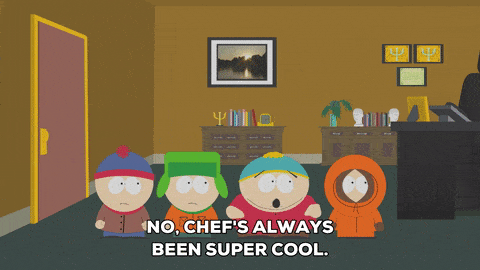We're a very emphatic sort of folk, it would appear.
We're 'super-creative,' 'super-(un)friendly,' we talk about the 'super-rich,' the 'super-secret' and the 'super-sensitive.'
You can even now 'Super Like' someone on Tinder.
We of the English language have the supreme luxury of a relatively huge vocabulary.
While other lexicons - such as French - are guarded about the expansion of their dictionaries, we play fast and loose with words, adding new entries to every day speech all the time.
Using 'to Facebook' as a verb, for example, or the state of being 'woke', a word for which we have now added more value than its original essence of 'not being asleep.' 'Trolling', 'memes,' 'slut-shaming,' - new entries make it into our speech constantly.
So why then, when we have so many options at our disposal, do we keep latching on to one word and using it to death?
The rate of use for the word 'super' has gone up from 1.13 per million words during 2000-2013, to 1.30 per million, from mid 2012 to 2016, according to the OED.
In light of this information, we thought we'd suggest a list of excellent alternatives, to keep your conversation super-varied the next time you need to be emphatic.
- That cup of tea was seriously marvelous
- John was deeply unfriendly yesterday
- You've simply got to meet my dachshund, he's exceptionally cute
- Steve is intensely creative
- Jaqueline's mother is hella judgemental 😜
- You are very charming, but your son is criminally annoying
Any more suggestions, do send them our way on Twitter!

Natasha Bird is the Former Executive Editor (Digital) of ELLE.















